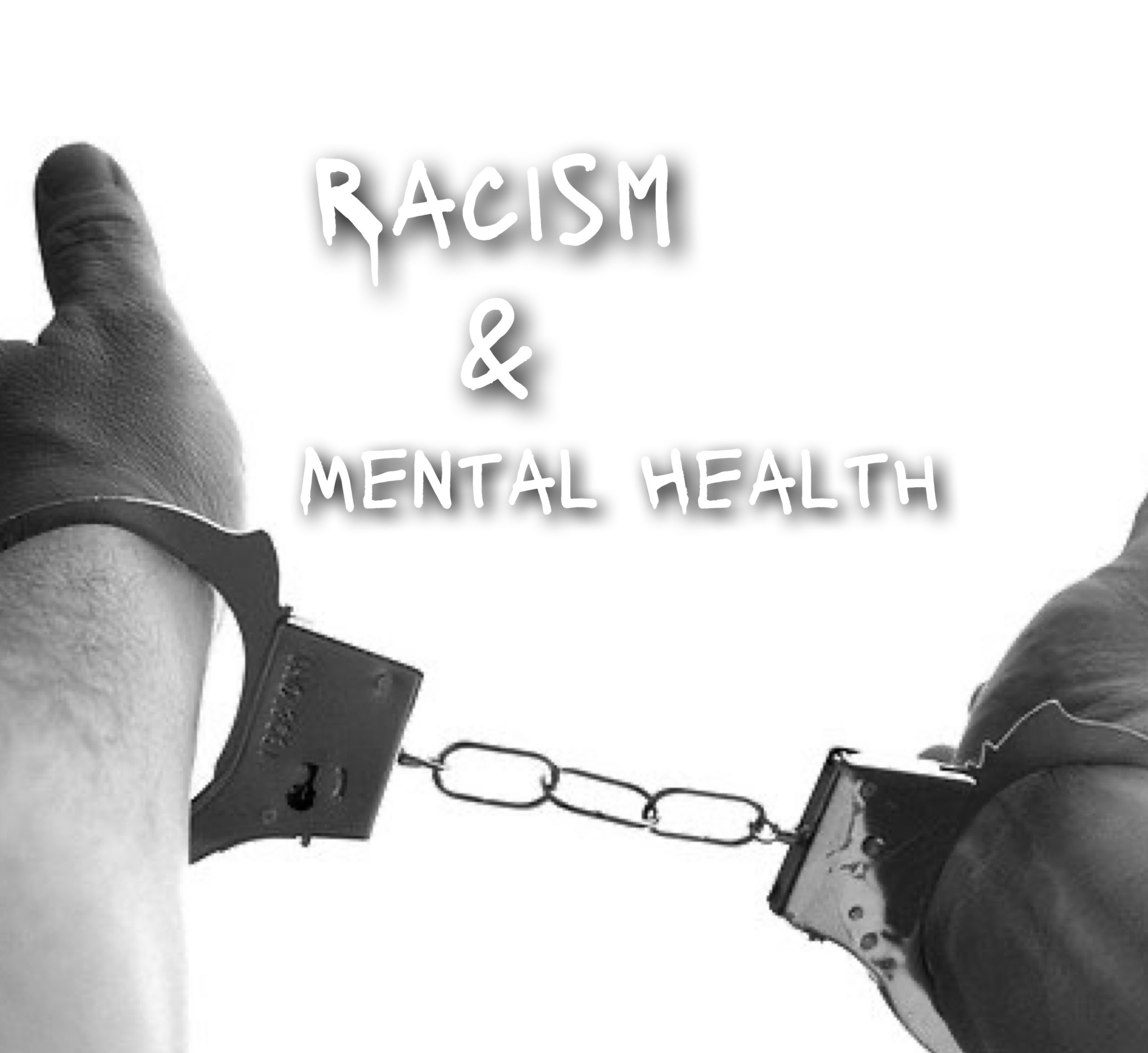
The Impact of Racism on Mental Health
Although a lot of progress has been made in past decades, racism is still a very serious issue in the US. This is also one of the contributing factors to Black Americans being 10% more likely to experience serious psychological distress.
Other factors this group also faces are poor access to quality healthcare. This can affect whether or not an individual stays in treatment or if they receive treatment at all.
Cultural Factors
Culture plays a large part in understanding and diagnosis of symptoms. Many don’t understand what a mental health condition is and don’t talk about it. This leads many within the black community to believe that a mental health condition is a sign of weakness or punishment from God. They tend to be more reluctant to talk about mental health conditions or seek treatment because of the shame and stigma associated with it.
Reluctance to Find Treatment
In a survey completed in 2020, it showed that 30% of Black American adults with mental health disorders received treatment, compared to the U.S. average of 43%. Two of the biggest reasons why are:
- Distrust and misdiagnosis. Historically, Black Americans have been and continue to be negatively affected by prejudice and discrimination in the health care system. Misdiagnoses, insufficient treatment and little to no cultural competence by their doctors cause distrust. This prevents many from getting treatment.
- Socioeconomic factors play a part as well and can make treatment options even less available. In 2017, 11% of Black Americans had no form of health insurance.
How to Find the Right Provider
Ask questions to understand their level of cultural sensitivity. Do not feel bad, providers expect and welcome questions because this helps them better understand you and what is important to you. Some possible questions are:
- Have you treated other Black Americans?
- Have you received training on Black American mental health?
- How do you see our cultural background influencing my treatment?
- How do you plan to integrate my beliefs and practices in my treatment?
Your provider plays an important role in your treatment. Make sure you advocate for yourself and you can work with them.
No matter what race or group you identify with, if you believe you have a mental health condition, reach out for help. There are mental health professionals here to work with you every step of the way and online support groups. Learn more about our mental health programs.
Sources: https://adaa.org/african-americans
https://www.samhsa.gov/data/report/2018-nsduh-detailed-tables
https://www.nami.org/Support-Education/Diverse-Communities/African-American-Mental-Health
